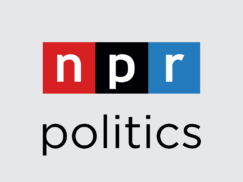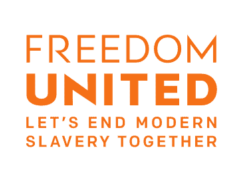UPDATES TO KAFALA
The definitive place to get the latest updates on Kafala.
Gloria, an undocumented migrant worker, is one of seven women who say they were exploited or physically assaulted by Kenya's Honorary Consul in Lebanon, Sayed Chalouhi, and his assistant Kassem Jaber, both Lebanese nationals.
Lebanon’s Labor Ministry should urgently adopt a new standard unified contract that respects and protects the rights of migrant domestic workers as a first step toward abolishing the abusive kafala (sponsorship) system, Human Rights Watch said today. The new model contract should be subject to an oversight mechanism to ensure that it is enforced and that employers who violate its provisions are held accountable.
Racial reckoning in the U.S. has sparked conversations about racism worldwide. African students at the American University of Beirut share their experience of dealing with discrimination in Lebanon.
Under the kafala system in Lebanon many of migrant workers’ passports are confiscated by employers and recruitment agencies. This is a modern form of slavery!
Join Impact Lebanon, Lebanese Diaspora for Action and Meghterbin Mejtemiin for our webinar Kafala: The Road to Abolition. In this webinar we will discuss the Kafala system and why the current proposed reforms are insufficient, and then proceed to outline a roadmap to abolishing the system. We will touch on the government’s failure to act and the systematic racism & corruption in the current system, as well as what we can do - inside and outside of Lebanon - to make this cause meaningfully part of our future demands and action, paving the way for true change.
Thewanthdean means « United sisters » or « One sisterhood » in Sierra Leone. That is how this group of domestic workers from Sierra Leone, stranded in Lebanon, chose to name their band to highlight their spirit of resilience and sisterhood.
Layla (not her real name) is a New Zealander working remotely from the Bay of Plenty as an online advocate for some of the estimated 400,000 migrant domestic workers in Lebanon.
Every year several Ghanaian women migrate to Lebanon in search of work to help their families back home or to better themselves. The opportunity in Lebanon is seemingly unmissable.
Advertised as sponsorship that helps a person grow financially through employment, the Kafala system, could convince someone without hindsight that greener pastures are in the Gulf State.
A Nigerian migrant worker who was arrested and accused of attempted murder after surviving domestic abuse in Lebanon has finally arrived home.
The three young women agreed they would escape by nightfall. They didn’t have any money or documents, but Jessica, 19, and her friends knew it was time to go. The brothel was not as crowded as usual: since the start of the coronavirus outbreak, the client base had fallen. Together, they waited for night to settle and for the madam to retire to her room. Then, they sprinted for the highway that runs through Papara, a town in the far north of the Ivory Coast, close to the border with Mali.









